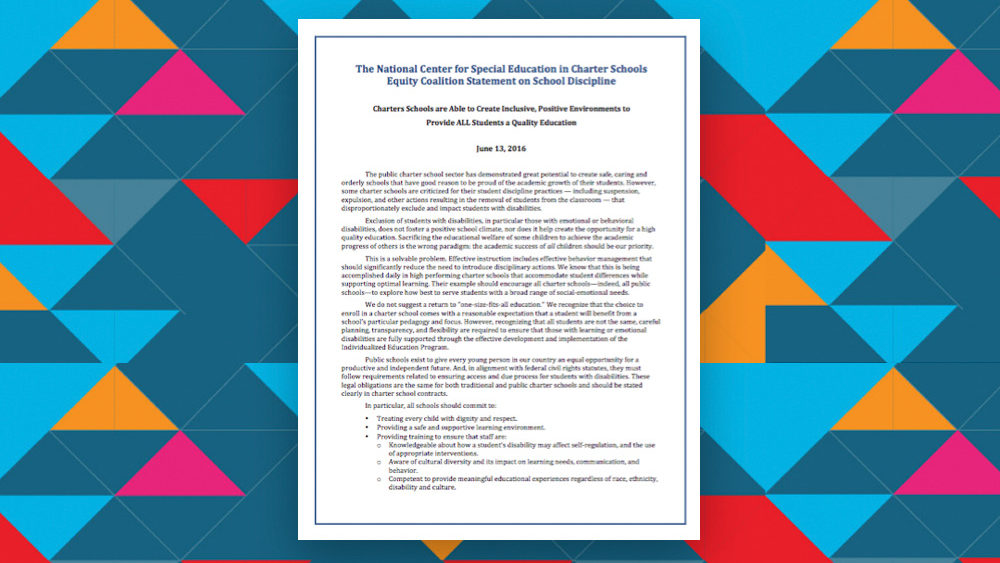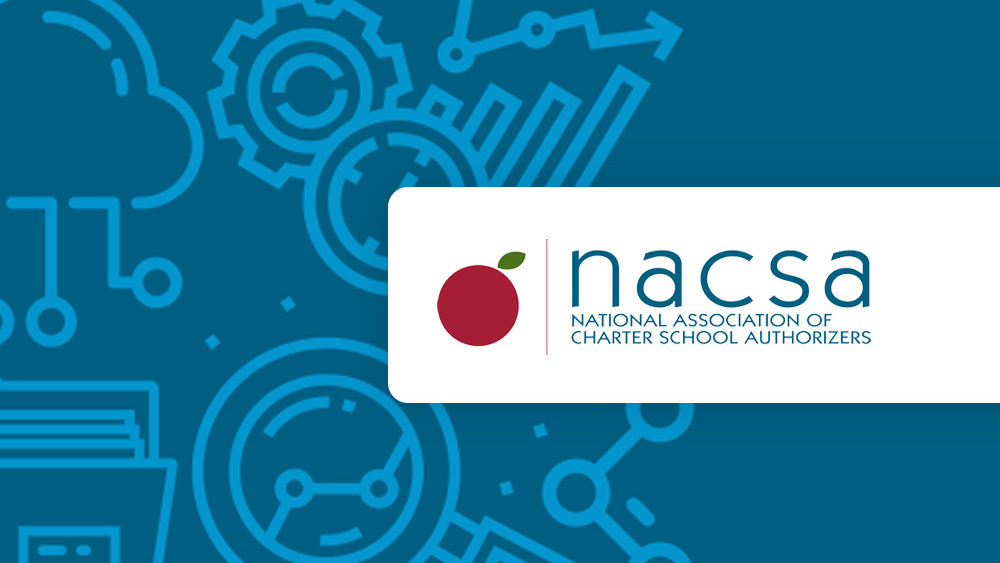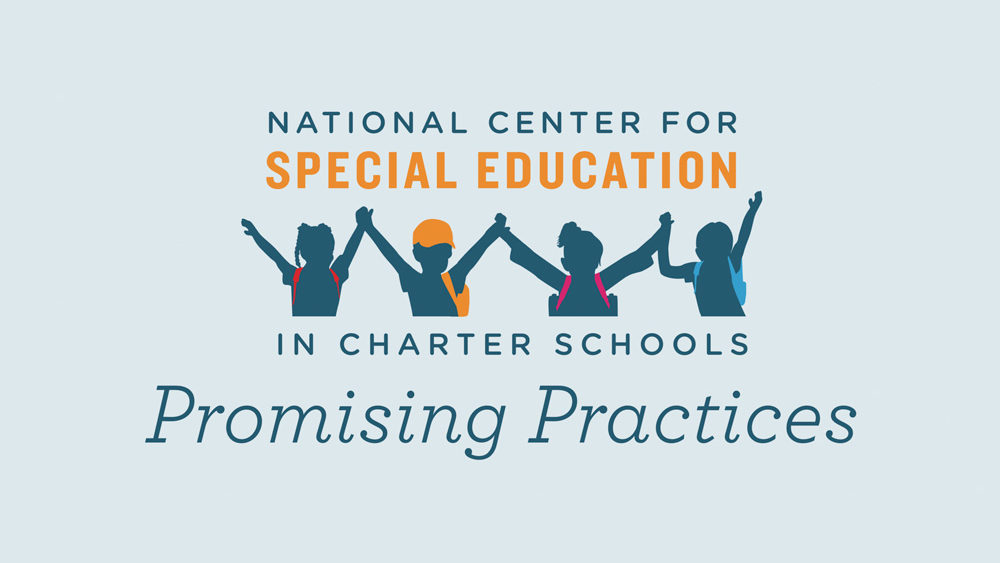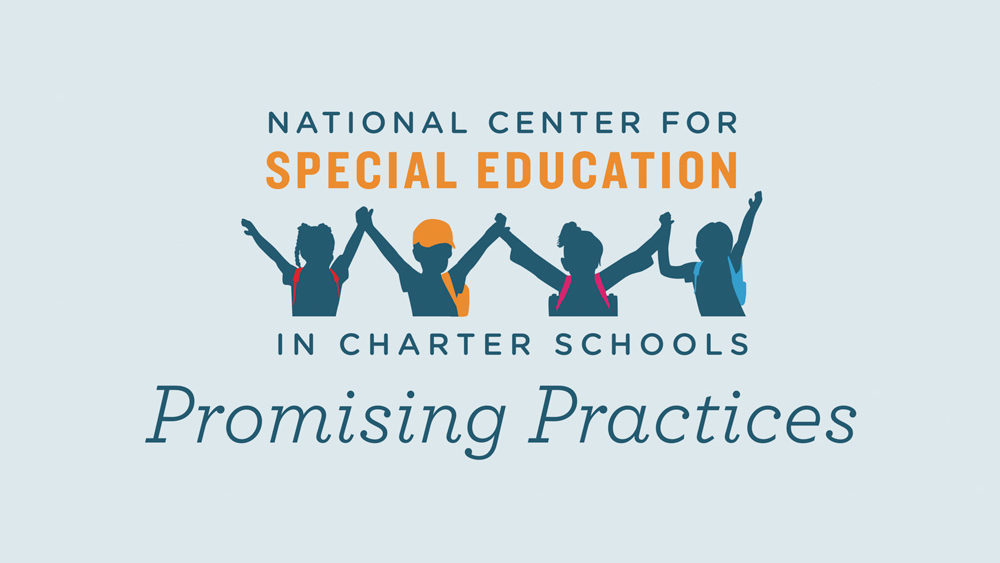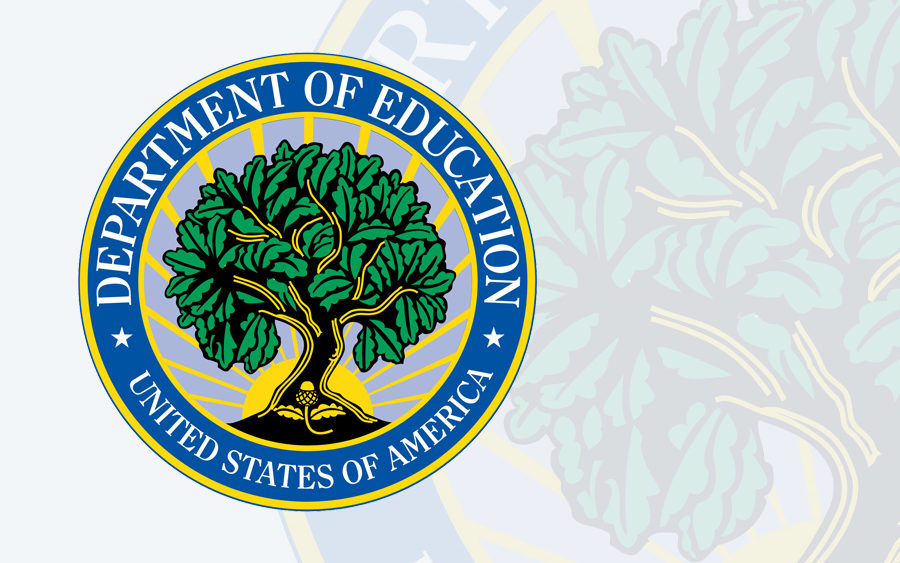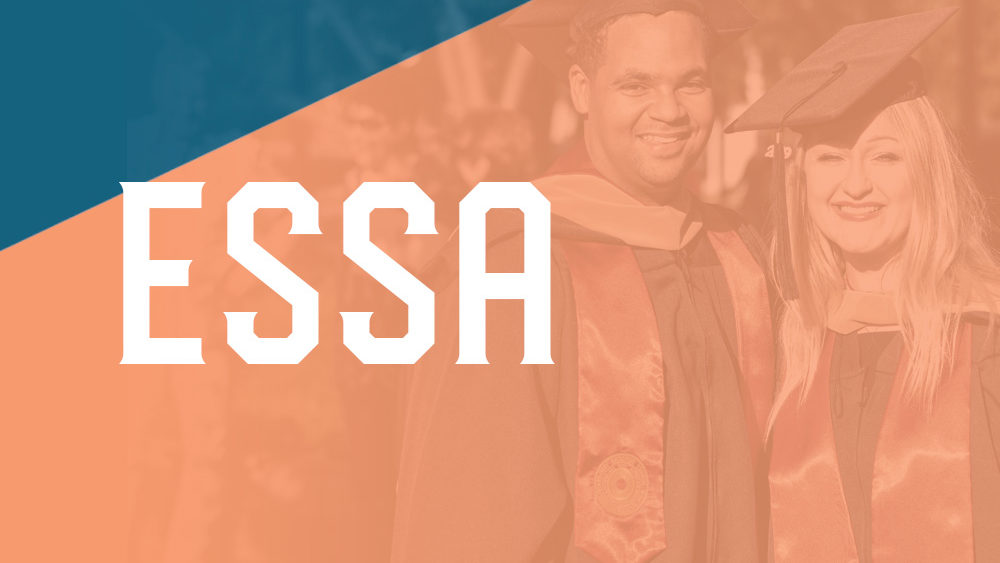This statement outlines the Equity Coalition’s position on the problems with School Discipline and the solutions that are necessary.
This post echos the Equity Coalition’s statement on the problems with School Discipline and the solutions that are necessary.
As part of NACSA’s 2015 annual survey, we asked authorizers for their perspectives and practices on issues at the intersection of authorizing and special education.
This report outlines a problem in charter schools surrounding the quality of education for students with disabilities and the steps and tests Utah Strong Start Academy took to eliminate this problem and ensure quality education for all students.
This report outlines a problem in charter schools surrounding the lack of a full continuum of services for students with disabilities and the steps and tests CHIME Institute took to eliminate this problem and ensure quality education for all students.
In response to UCLA’s Center for Civil Rights Remedies’ report “Charter Schools, Civil Rights and School Discipline,” Lauren Morando Rhim, executive director of The Center for Learner Equity issued the following statement.
In January, John King succeeded Arne Duncan as the leader of the U.S. Department of Education, but he has yet to be given Duncan’s full title. To date, Mr. King has been functioning as Acting Secretary.
The Center for Learner Equity (The Center for Learner Equity) is dedicated to ensuring that students with disabilities have equal access to charter schools and that public charter schools are designed and operated to enable all students to succeed.
This statement outlines the Center’s recommendations on the Department of Educations ESSA Title I Regulations.
This report outlines a problem in charter schools surrounding communication between the schools and the various organizations that oversee them and the steps and tests the Kent Intermediate School District took to eliminate this problem and ensure quality education for all students.
